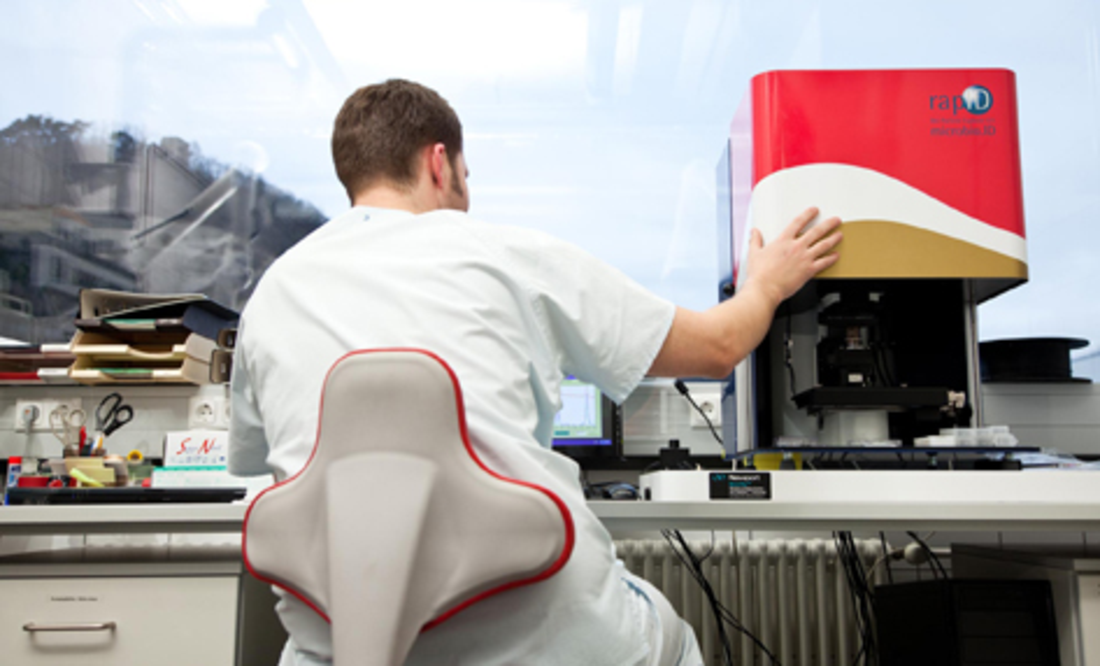Tuberculosis is one of the most common and serious infectious diseases. The number of multi-drug resistant pathogens is increasing and makes treatment difficult. Only the quick recognition of the pathogen and its potential antibiotic resistance ensures optimal therapy and thus slows the further spread through the air.
The project aims to establish a new test procedure that allows a reliable evaluation of the resistance potential of the pathogen on the basis of phenotypic markers of M. tuberculosis in order to initiate optimal therapy for the patient based on currently available medications.
To achieve this goal, different Raman spectroscopy approaches are used on the one hand in order to gain as much information as possible about the pathogens with minimal cultivation effort by using surface-enhanced SERS spectroscopy. On the other hand, with the use of culture-independent Raman spectroscopy, the difficulty of creating pure cultures is circumvented and a clear time advantage in identifying the pathogens can be achieved. Apart from the pure identification, Raman spectroscopy will be used to evaluate the antibiotic resistance of tuberculosis pathogens. Above all, this approach could lead to completely new steps toward rapid and cultivation-free identification of pathogens and their resistance behaviour.
Participating partners
Alere Technologies GmbH
Friedrich Schiller University Jena
Leibniz Institute of Photonic Technology, Reg. Assoc. (IPHT)
Duration
01.10.2013 - 31.03.2015
Project coordination
Friedrich Schiller University Jena
